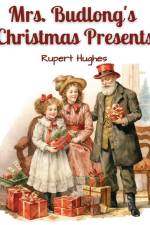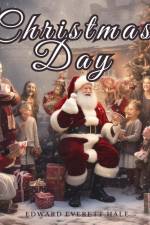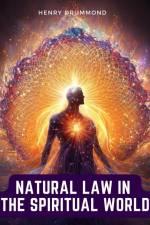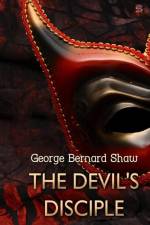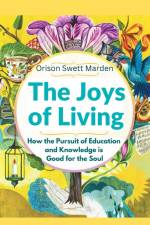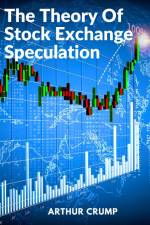av Orison Swett Marden
241
This is a cheerful and optimistic book on the pleasures to be found every day. Intended for those seeking the pot of gold at the end of the rainbow, the author points out that you should find the jewels strewn along the way instead.Marden offers twenty-six chapters of common-sense advice for the average man or woman who is overworked, striving and struggling to get ahead¿what he believes to be the American way of lifeWith chapters including "The Strain to Keep Up Appearances," and "Postponed Enjoyment," the author offers hopeful, inspiring, and illuminating messages and ideas, pointing out that happiness is more a condition of mind than of environment, and he offers the reader many opportunities to find joy in the common things found in daily life.Pointing out that there is a positive chemistry in a cheerful mind, so therefore health and happiness are related, Marden goes on to show how happiness can be cultivated. Here is an excerpt from this wonderful book to give you a feel for his style of writing and content. ¿The pursuit of education by a soul hungry for knowledge, yearning for intellectual growth, is the highest kind of pleasure, because it gives infinite satisfaction and infinite advantage.He is the greatest man whose supreme ambition is to make the most of his life, to enrich it by self-education, self-culture, self-development and helpful service, until every fiber of his being becomes responsive to every good and helpful influence in the entire range of his environment.What a joy people who have had the advantages of education and superior opportunities for culture and refinement may find in helping others who have been deprived of these opportunities, and whose souls hunger for the richer, fuller life to gain them.One of the grandest sights in the world is that of an adult seizing every opportunity to make up for the loss of early educational advantages, pouring his very soul into his spare moments and evenings, trying to make himself a larger, fuller, completer man."

